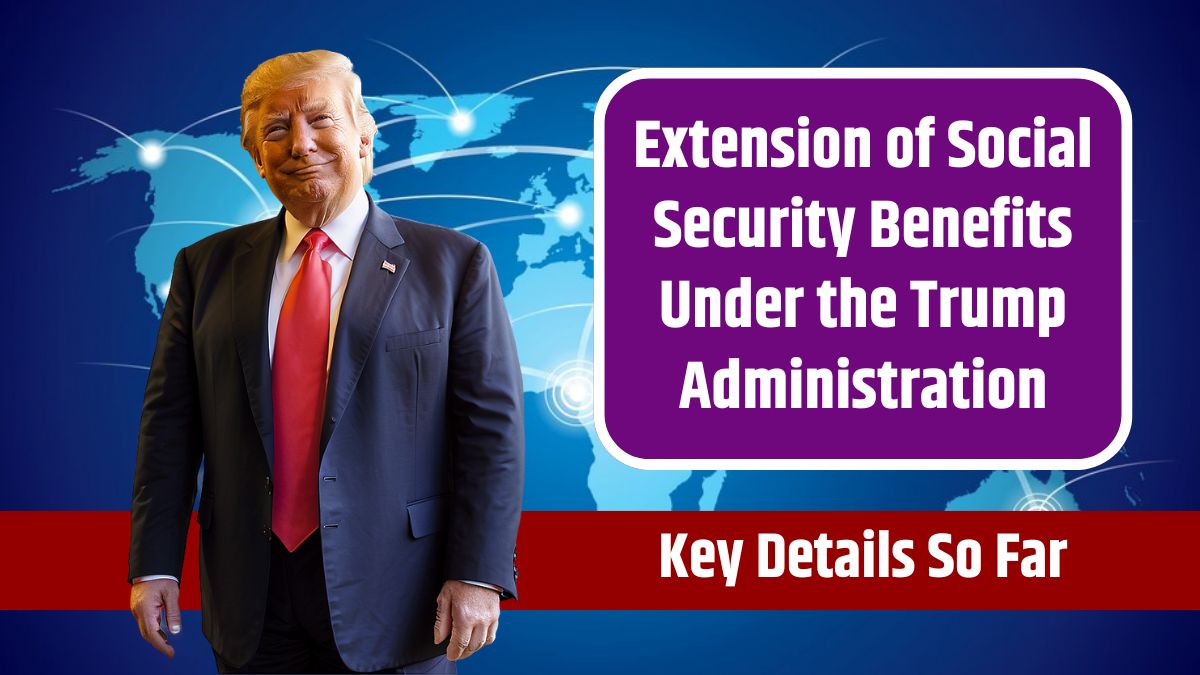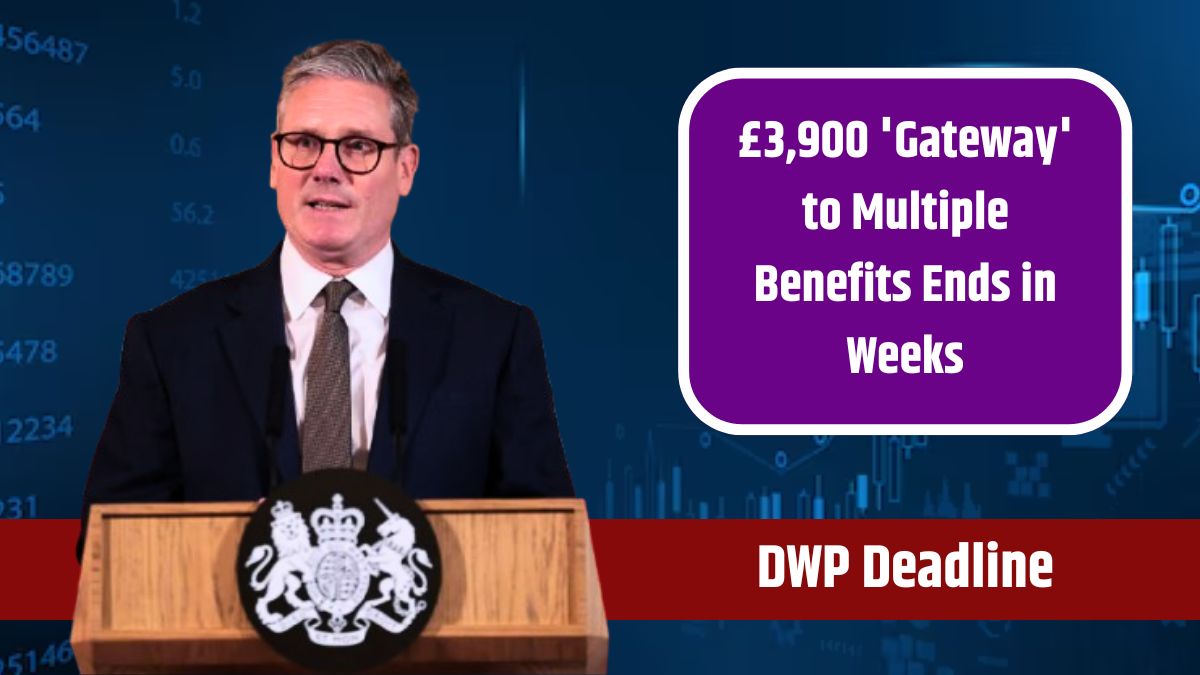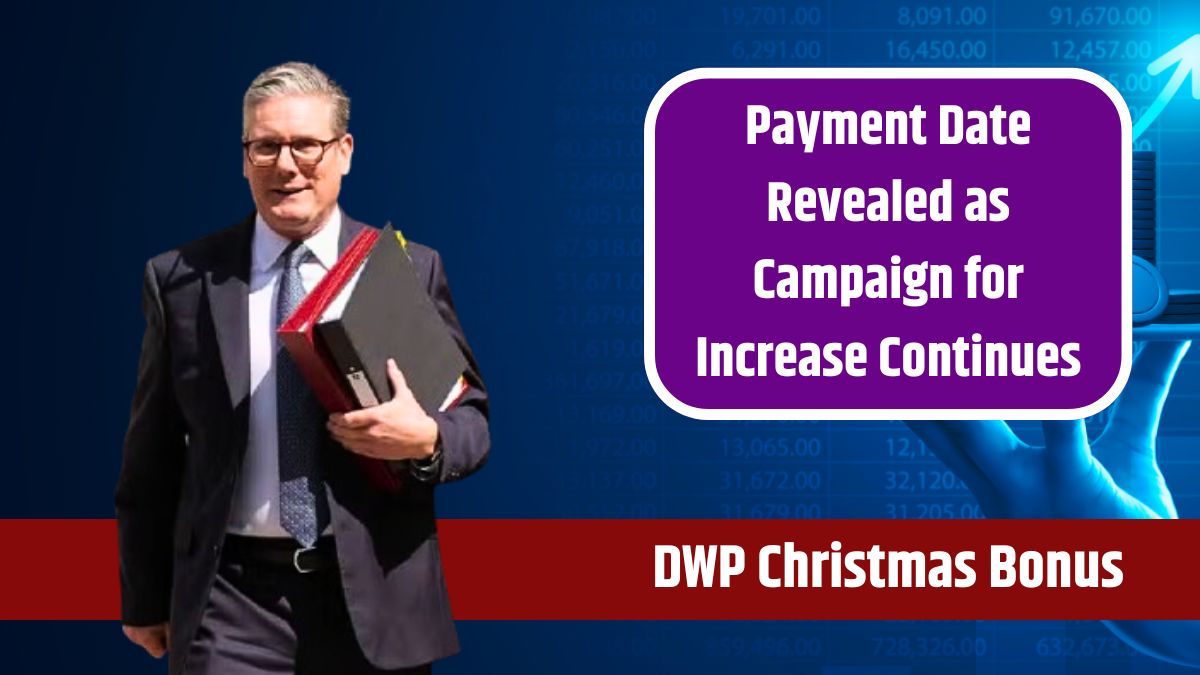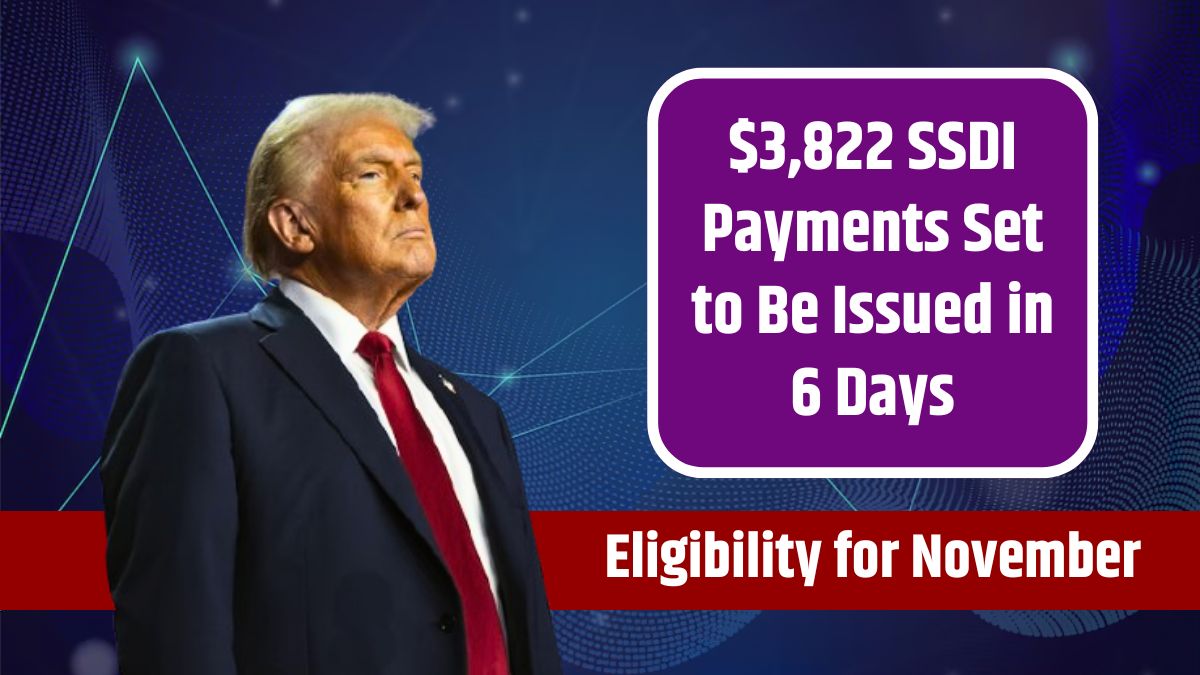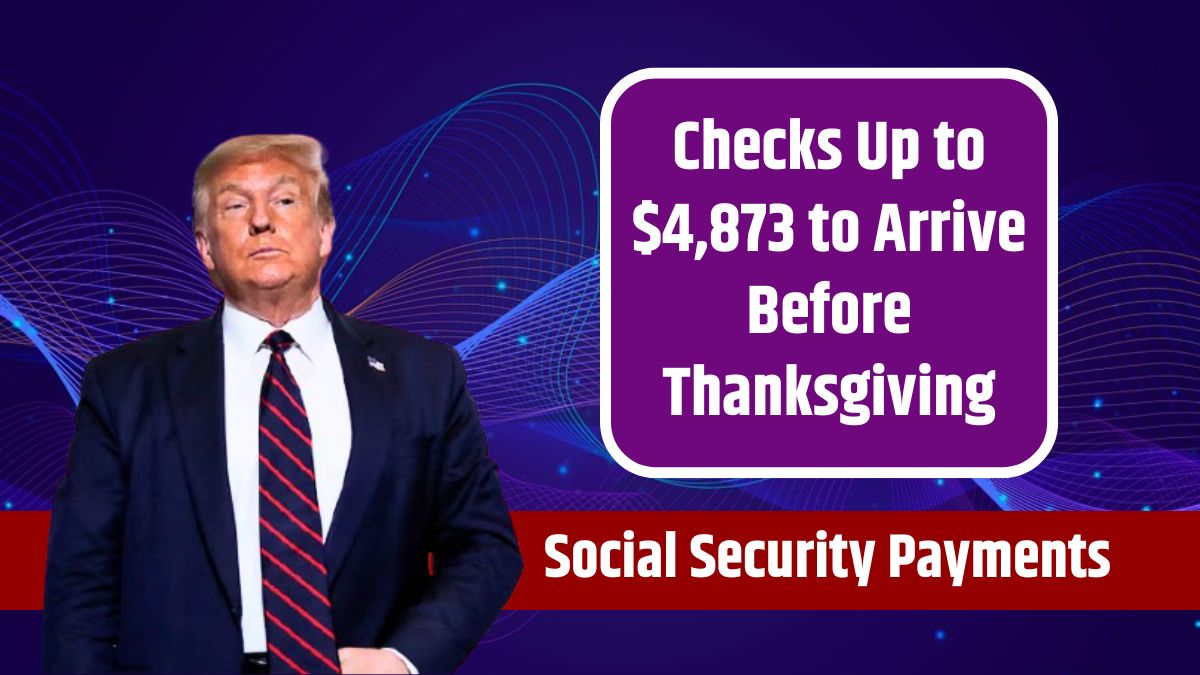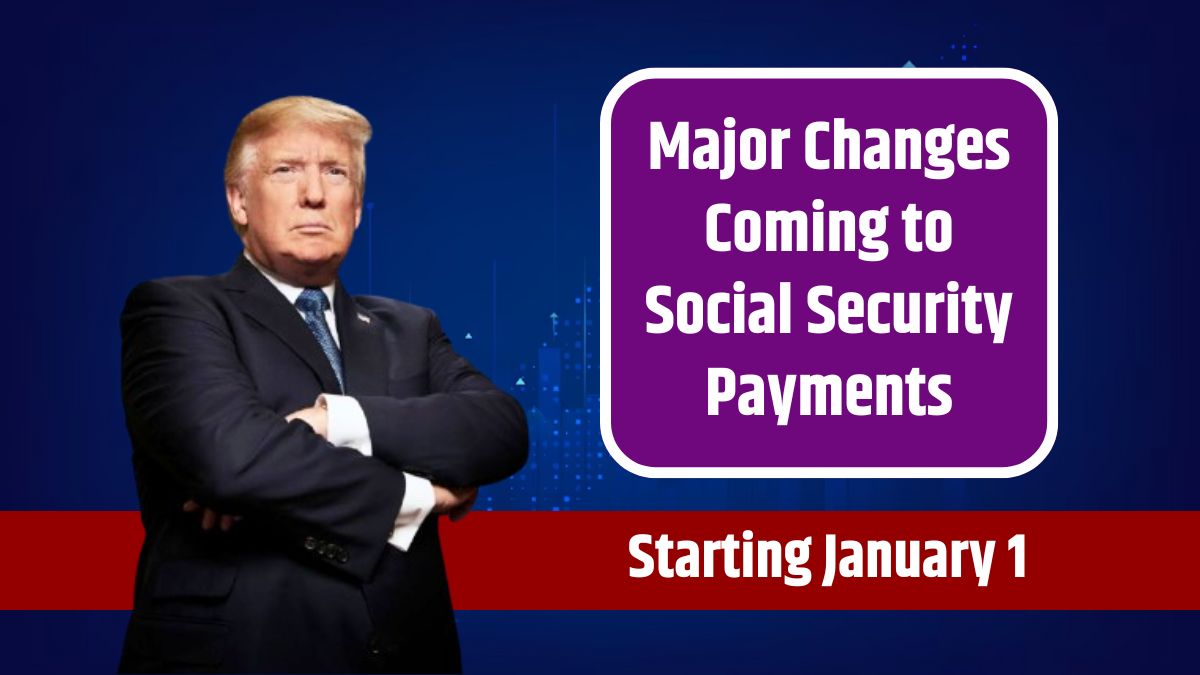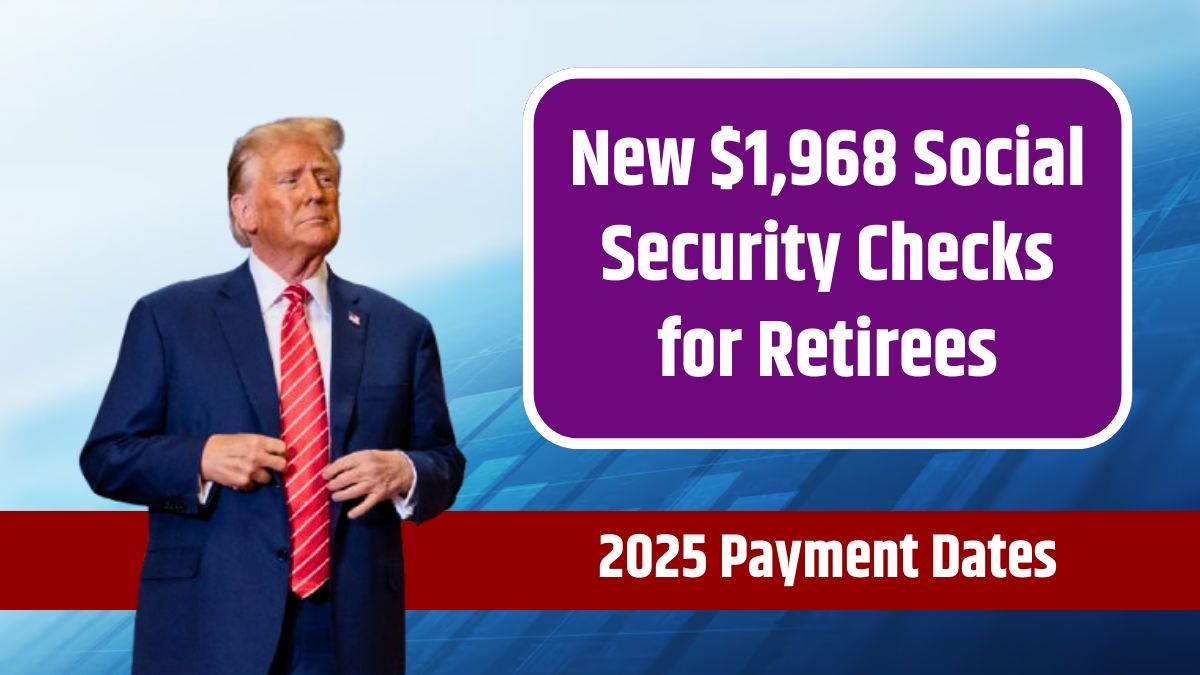In recent developments, Congress is actively pushing for Social Security benefits expansion, supported by a strong bipartisan effort, with over 300 members rallying behind a new bill. This bill aims to improve Social Security income for individuals who also receive government pensions.
Notably, this includes repealing the “government pensions offset,” a provision that reduces Social Security benefits for those who qualify for other government pensions. This initiative is now making its way through Congress as lawmakers attempt to approve it during the post-election lame-duck session.
Bill Overview
The proposed bill to expand Social Security benefits has garnered support from across the political spectrum, including backing from House Speaker Mike Johnson. Its primary goal is to repeal the government pension offset, a rule that currently affects many retirees, especially widows, widowers, and spouses, by reducing their Social Security benefits if they also receive a government pension. For example, retirees receiving a pension from a government job may see their Social Security benefits diminished under this offset.
If passed, the bill would restore full Social Security benefits for these groups, a long-sought objective for supporters. Representatives Garrett Graves (R-La.) and Abigail Spanberger (D-Va.) have led this charge, using a “discharge petition”—a rare parliamentary tool used to bypass traditional committee processes and bring legislation directly to the floor for a vote. They secured the minimum of 218 House member signatures required, a noteworthy feat, particularly in a divided Congress.
Procedural Hurdles
While the bill has received significant bipartisan support, opposition arose from leaders of the conservative House Freedom Caucus. On Election Day, when most members were away, Republicans Bob Goode (R-Va.) and Andy Harris (R-Md.) took action to table part of the proposal, thus delaying its progression. The Freedom Caucus has a longstanding position against new spending, citing the anticipated budget increase tied to this bill. The Congressional Budget Office (CBO) estimates that the proposed changes would add approximately $196 billion to the federal deficit over ten years.
By postponing a procedural rule, the Freedom Caucus leaders have made it harder for the bill to pass, as it now requires a supermajority instead of a simple majority. This change may complicate the bill’s future passage, though it is still slated for a House vote as early as next week.
Key Beneficiaries
The bill specifically targets Americans who receive Social Security benefits but are also eligible for other pensions, such as those from state or local government roles. Current Social Security law includes provisions like the government pension offset and the windfall elimination provision, both of which can reduce Social Security payments for recipients of other pension types.
If the bill passes, it will:
- Remove the government pension offset, allowing beneficiaries to receive their full Social Security payments even if they also qualify for government pensions.
- Eliminate the windfall elimination provision, which currently reduces Social Security benefits for recipients of disability benefits or pensions from employers who do not withhold payroll taxes.
The bill could significantly improve financial stability for retired teachers, police officers, and public-sector employees who currently receive reduced Social Security benefits. The changes are projected to take effect for benefits payable after December 2023, should the bill become law.
Future of the Bill
Despite widespread support in the House, the bill’s future in the Senate remains uncertain. Even with a large margin of support in the House, Senate approval could prove challenging, as legislators there may raise budgetary concerns similar to those voiced by the Freedom Caucus. If the bill passes in both chambers, it will proceed to President Biden’s desk, where it is expected to receive approval.
Social Security recipients who may be impacted by these changes are advised to follow updates closely, as these modifications could bring considerable changes to their benefit payments beginning in late 2023.
FAQs
What is the government pension offset?
It reduces Social Security benefits for recipients of other pensions.
How does this bill affect Social Security benefits?
The bill aims to restore full benefits for recipients of government pensions.
Why did the Freedom Caucus oppose the bill?
They oppose it due to its projected $196 billion deficit increase.
Who would benefit if the bill passes?
Public employees with both Social Security and other pension benefits.
When would the changes take effect?
If passed, changes would begin with benefits payable after December 2023.

